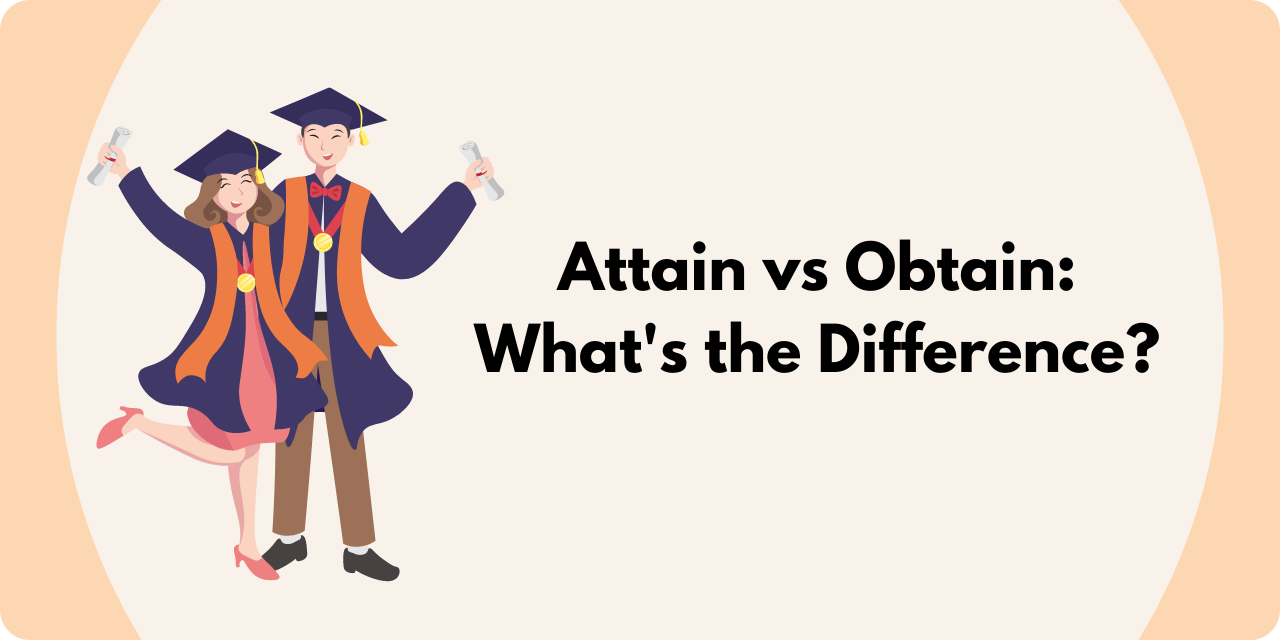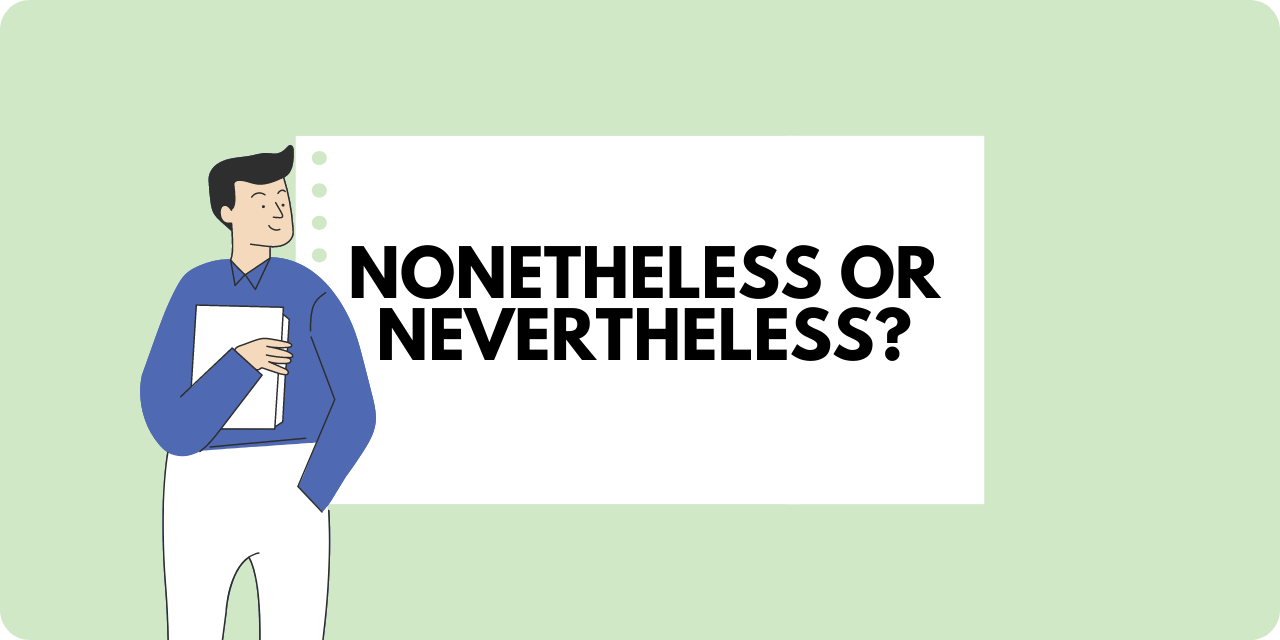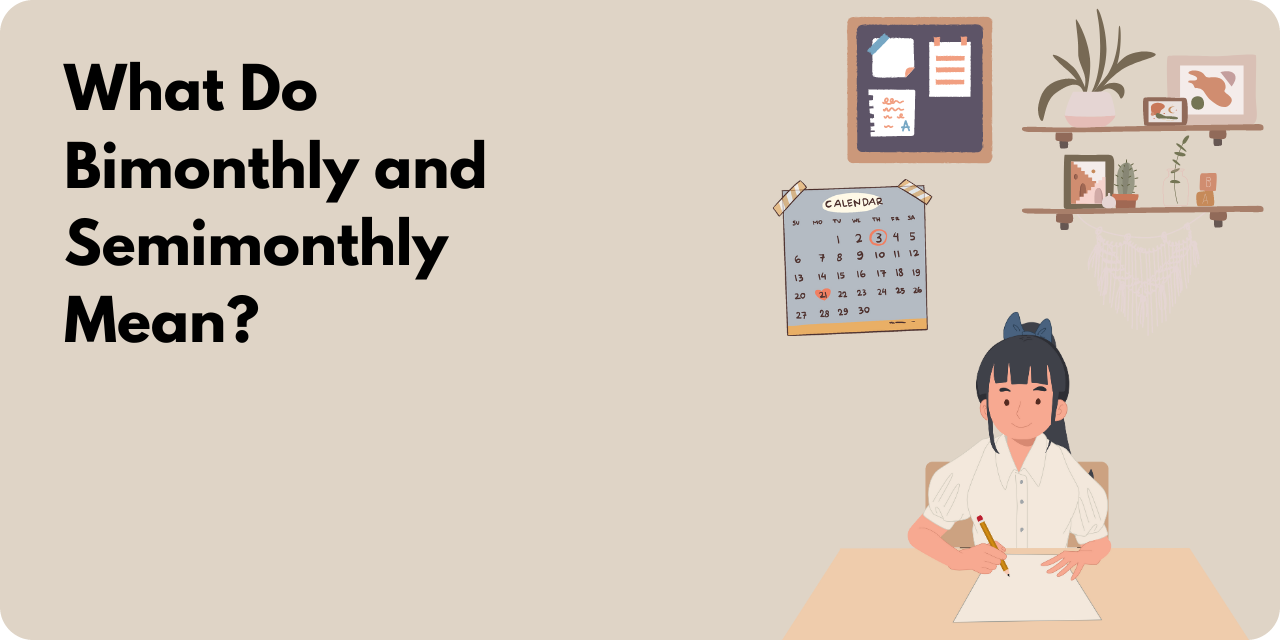Will you speak afterward or afterwards? Or is it later? Let’s shed some light:
- “Afterward” and “afterwards” can be used interchangeably, although the former is considered standard in American English.
- An “afterword” is a section of a book that comes after the main body, intended to convey additional information about the story, the process behind the writing of it, clarifications, or similar knowledge.
When you want to write about an event that takes place later, several options are available for this purpose. However, at times your spell-check can fire off at you because you have either used the improper form of the word, an incorrect spelling, or a word with an entirely different meaning than what you expected.
Other times, people may vehemently argue with you about your choice of diction, destroying friendships and working relationships or, at the very least, resulting in bruised feelings.
One popular argument involves the word “afterword” and variations in its spelling. Sometimes writers become so fearful of using this intended meaning that they opt for a broader vocabulary word, such as “later,” to avoid the issue entirely. However, this substitution is not always a proper solution, as the term has rules and regulations governing its usage.
You should never have to write in fear. Fortunately, we offer the knowledge you need to write these words and word forms confidently.
Afterward or Afterwards
First, all the bickering over whether it is afterward or afterwards is wasted breath. In truth, you can use either spelling of the word interchangeably. There is no difference in the meaning of the word forms, so you have a couple of options at your disposal. You can either write which one appeals to you the most or focus on the only real delineation that sets the spellings apart – localization.
In other words, if you are writing American English, the general public considers “afterward” the proper choice. To be sure, the wise and all-knowing Grammarly will bark at you if you try to add the s, warning you that this version is a “non-American variant” and that you should conform. You can then decide whether to bow and go along with it or become a grammar rebel.
Countries outside the U.S. have chosen “afterwards” as their mascot and rally behind this version of the word. Keep in mind, however, that there are no hard or fast rules behind this usage in any locale, so while you may face loyalist dissenters, you are allowed to use whichever form tickles your fancy.
With that in mind, you need to know what it means to use the word correctly, regardless of how you spell it. Afterward(s) refers to an action or other occurrence that takes place after a previously introduced event.
To illustrate, here are some examples using the American variant:
- Periwinkle planned to attend the coronation and then visit his friend Erol afterward.
In this example, there is an event introduced – the coronation – and then an activity he intends to perform at some point beyond that time.
- The famished zombies chased down the fleeing survivors and ate their brains afterward.
Here, afterward is appropriate because it describes an event that occurs after another – first the chasing, then the eating. Yum!
- Afterward, the team apologized for showboating in front of their rivals, but everyone knew there would be retribution.
This sentence is different because the previous event is not explicitly mentioned but instead implied. This incident generally happens when the aforementioned situation takes place in an earlier sentence. In other words, the showboating took place somewhere, whether at the game or a pre-game event, although we need more information to be sure where.
To wrap things up in this section, we will take a look at an example using the variant form:
- The itinerary states that we will visit the museum first, then visit the aquarium afterwards.
Nothing changes here regarding the meaning; there is still a preliminary occurrence in the form of the museum and something that will take place beyond that time: the aquarium. Completely interchangeable.
Afterword
Like many words in the English language, if you misspell a word, it can sometimes form a completely different word with unintended meaning. If you are spelling “afterward” because you have often heard it in speech yet rarely seen in writing, others may forgive you for thinking that the correct spelling may be “afterword.”
Nonetheless, this is a word in its own right, referring to a section of the book that comes after the main body intended to convey additional information about the story, the process behind the writing of it, clarifications, or similar knowledge.

It is, more or less, the opposite of a “foreword,” which appears before the story and serves as an introduction. This part of the book is generally written by someone other than the author, as is often the case with the afterword. However, in some circumstances, the author will write the afterword, especially when it explains what inspired the story or interesting tidbits about crafting it.
Note that if you misspell “afterwards” this way, you have made “afterword” plural and are now referring to more than one afterword.
Here are some ways to properly use “afterword” in writing or speech.
Stephen King often writes an afterword for his books, explaining his thoughts on his work, what inspired the book, and thanking his constant readers for their support.
He also generally writes the foreword to his works, introducing the story to the readers. Both pieces are typically beautiful insights into the mind of the Master of Horror.
The illustrated edition of the book also includes a new afterword and a new short story that takes place in the fantasy world the book made famous.
The usage of this word is pretty straightforward since it is a specific noun, so you should use it when referring to this particular section of a literary work.
We have that we’ve put the afterward or afterwards debate to rest. For similar topics, please have a look at these articles:
Biannually vs Biennially. Are These Words Different?
Jist or Gist? Meaning, Origin and Examples.
The Difference Between Council and Counsel






